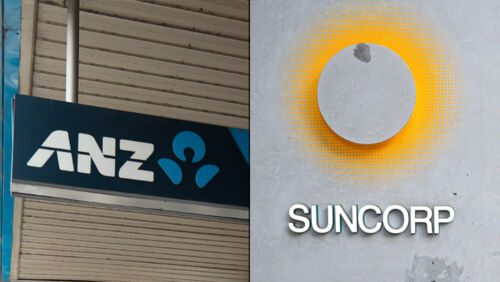The banks getting on board with budgeting apps
By David Thornton
Customer insights and behaviour management are the new battlegrounds in today's wealth services space, a new report from Investment Trends finds.
Today's established financial services incumbents - namely the big four banks - and a raft of fintech start-ups are focusing on the way customers engage with their finances and the companies that manage them.
Consumers are now able to use smartphone apps and personal finance management tools to make and meet their finance goals.
"Local fintech start-ups like MoneyBrilliant, Frollo and Pocketbook have introduced solutions that empower Australians to take greater control of their spending and saving habits, while also challenging the established retail banks to step up," says Michael Blomfield, CEO at financial researcher Investment Trends.
"Personal financial management is evolving from spend tracking based on historical data to focus on providing users with real-time actionable insights and behaviour management."
Blomfield says the industry's thrust into open banking will intensify competition and encourage consumers to re-assess their relationship with their main financial institution.
"A new generation of mobile-first apps such as Up, Revolut and Monzo now provide transaction capabilities through a debit or credit card, helping users monitor their spending and saving habits in real time and engage more deeply with their finances."
Microsaving - where transactions are rounded up and the difference is saved - is a standout feature in many of these mobile apps. More than 20 local start-ups have attempted to deliver automated savings services based on round-ups, with Raiz Invest leading the way.
"The ability to automate the savings behaviour of consumers is a powerful proposition, and many apps have further improved the simple round-up functionality first introduced by Acorns in the US to give consumers greater flexibility and control, providing low-friction opportunities to save," says Blomfield.
"Yet progress in the Australian D2C [direct to consumer] investing space has lagged overseas markets such as the UK and the US. Apart from a handful of start-ups like Raiz, Stockspot and Clover, Australian investment product manufacturers have been slow to develop their D2C offering, leaving the market open for overseas players," says Blomfield.
The five highest overall ranked digital wealth applications/services among established institutions are:
- Netwealth
- BT Panorama
- CommBank
- Hub24
- ANZ
The five top-ranking fintech start-ups are:
- MoneyBrilliant
- Frollo
- Pocketbook
- Moneysoft
- Myprosperity
Get stories like this in our newsletters.



